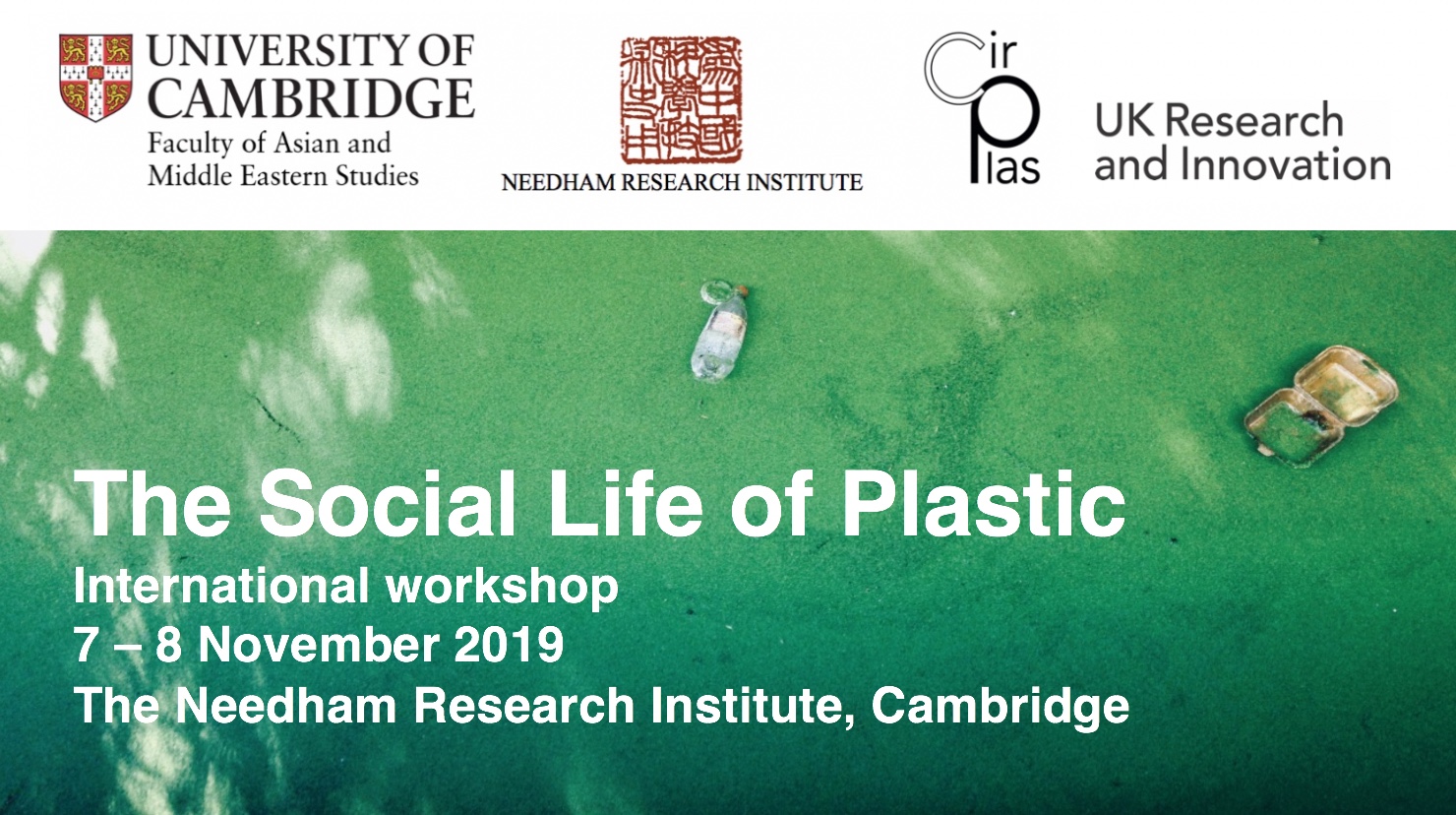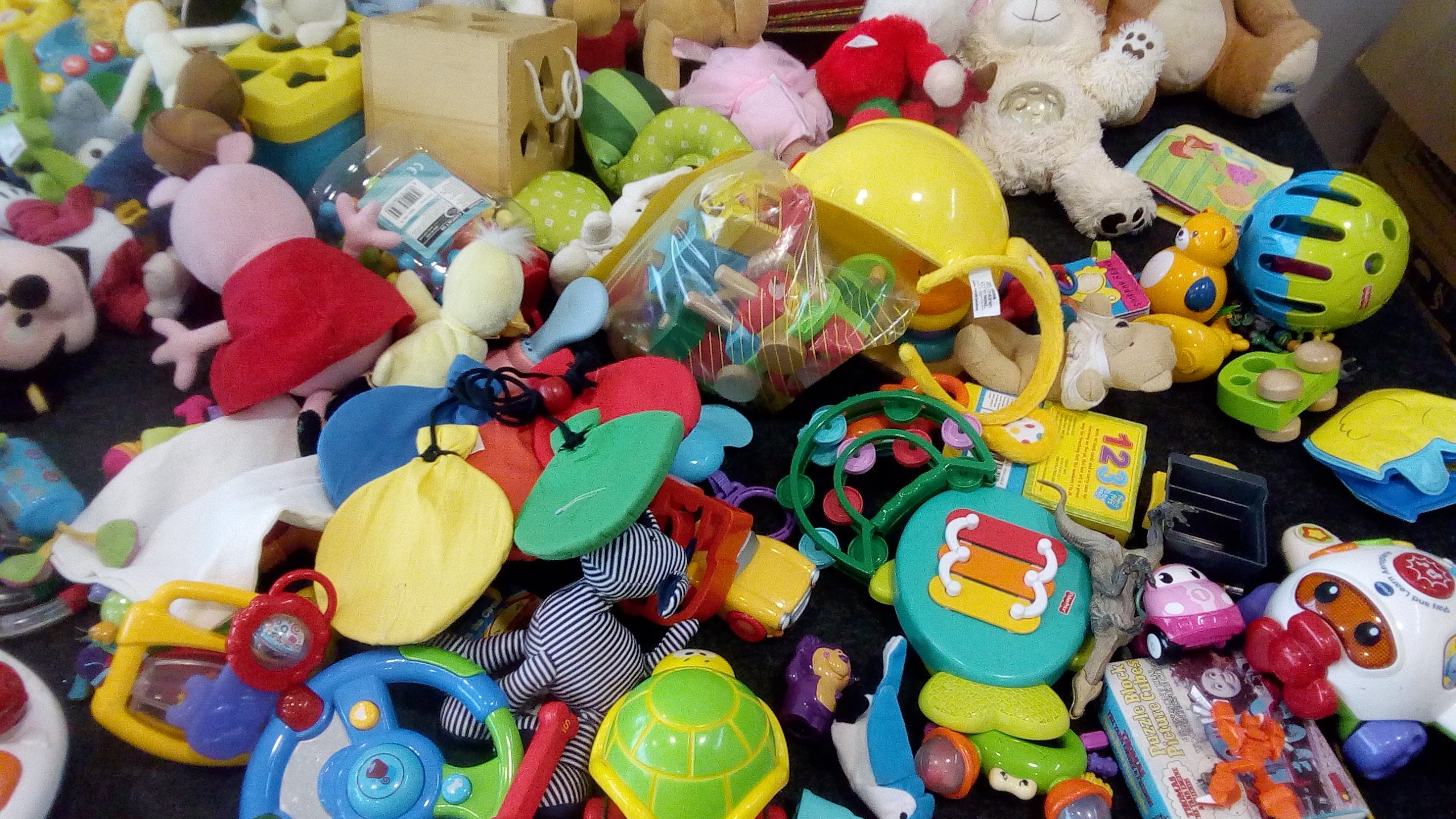This research project is part of the waste and management theme within the UKRI funded programme at The Cambridge Creative Circular Plastics Centre (CirPlas). The sub-theme of plastics in consumer societies involves work with the local community, but with an international, comparative perspective. The ‘plastic waste problem’ is a global one; gaining an insight on what people in other countries do, may provide us with useful ideas of how to tackle the problems at home. It will also allow us to understand better the social and cultural embeddedness of our own daily life habits. As social anthropologists and area studies scholars in this project, we try to understand the inside perspective of consumers and local communities. When it comes to plastic, the question of why and how we use and choose packaging and how we consume food and drink are perhaps the most relevant issues. In addition to the following case studies, scholars will be presenting their work on questions related to the social life of plastic in an international workshop.

Japan (Lead: Dr Brigitte Steger, Faculty of Asian and Middle Eastern Studies)
In Japan, the sorting is done by individual households, following instructions given by municipal authorities (posters, brochures, websites) and information written on packaging. The categories are broadly divided into ‘waste’ and ‘resources’. Waste is further divided into ‘burnable waste’ (which is taken to incinerators) and ‘non-burnable waste’ (which is taken to the landfill). Resources are usually categorised into ‘glass’, ‘cans’, other metal, ‘PET bottles’, ‘newspapers’, ‘magazines’, ‘cardboard’, ‘miscellaneous papers’, ‘milk packs’ and ‘food trays’, as well as various other kinds of plastic. Waste disposal is costly, but these ‘recyclables’ are an important economic factor in Japan’s economy. Sorting rubbish is, of course, just one stage during which we classify our environment and attribute meaning to the things around us and to our actions.
Email: bs382@cam.ac.uk

'It is forbidden to take recyclables away', Suita City, Osaka (Photo B. Steger)
Uruguay (Research Associate: Dr Patrick O’Hare)
 For his post-doctoral fellowship at Cirplas, Patrick is carrying out comparative fieldwork in Cambridge (England) and Montevideo (Uruguay). In both fieldsites, he is conducting participant observation and qualitative research with ten family households, tracking the consumption, use, and disposal of plastics in everyday life. The research explores the behaviours surrounding plastic, the values and beliefs that motivate them, and whether these are related to class, gender, and ethnic identities. Each site also has particular dynamics shaping the focus of the research:
For his post-doctoral fellowship at Cirplas, Patrick is carrying out comparative fieldwork in Cambridge (England) and Montevideo (Uruguay). In both fieldsites, he is conducting participant observation and qualitative research with ten family households, tracking the consumption, use, and disposal of plastics in everyday life. The research explores the behaviours surrounding plastic, the values and beliefs that motivate them, and whether these are related to class, gender, and ethnic identities. Each site also has particular dynamics shaping the focus of the research:
In Cambridge, there has been a notable expansion of infrastructures that allow for zero-waste or low-waste consumption, such a permanent market stall for loose pulses/grains and multiple shops that offer refillable cleaning products. Patrick’s research focuses on families living in or around Arbury, a historically working-class but increasingly diverse area that has had problems with relatively high levels of contaminated recycling in the past. Through ‘plastic diaries’, interviews, and ‘plastic play-dates’, families have been documenting and reflecting on the role of packaging, toy, and domestic plastics in their daily lives.
In Montevideo, informal sector waste-pickers known as clasificadores (classifiers) are responsible for saving thousands of tonnes of materials from landfill every year. The Uruguayan government has also sought to shift the burden of separating waste from classifiers onto consumers, instituting an infrastructure of differentiated collection. This research focuses on the changing relationship between citizens and plastics as a result of this change. Are households getting their hands as dirty as waste-pickers do? Is the new recycling infrastructure being used correctly? These questions are explored through an ethnographic case study of Montevideo’s diverse old town, where the new containers were first piloted.
Email: po260@cam.ac.uk

Clasificadores at Montevideo's Felipe Cardoso landfill, 2014' (Photo P. O'Hare)
South Africa (Research Associate: Dr Teresa Perez)
The leakage of plastic into oceans due to the mismanagement of waste on land is a global challenge. This is a problem for South Africa, ranked 11th in the world by mass of mismanaged plastic waste, where only 10% of waste is recycled and 90% of waste cooperatives fail. Sustainability is limited because economic benefits are given utmost importance, hinge on job creation, and assume participation by ‘township’ residents is conditional on remuneration. This project investigates what can be achieved if social, environmental and economic benefits are valued equally. The research is in partnership with the Green Anglicans in Cape Town. The objectives are to compare the relative merits of plastic waste as a way to generate a sustainable income, raise awareness of the impact of consumption patterns on pollution, and challenge the social stigma of ‘township’ residents as too preoccupied by poverty to participate in environmental conservation. This work is supported by The Public Engagement Starter Fund.
Email: tp475@cam.ac.uk

Recycling ‘drop off’ facility in Hout Bay run by a local co-operative (Photo T.Perez)
Articles
| In support of situated ethics: ways of building trust with stigmatised ‘waste pickers’ in Cape Town, Qualitative Research. Vol. 9, 2019 |
| ‘We Looked after People Better When We Were Informal’: The ‘Quasi-Formalisation of Montevideo’s Waste-Pickers, Bulletin of Latin American Research (BLAR). Early View, 2019 |
| 'The landfill has always borne fruit': Precarity, Formalisation and Dispossession among Montevideo’s Waste-pickers, Dialectical Anthropology. 43(1), 2019 |
| Waste, , 2019 |
